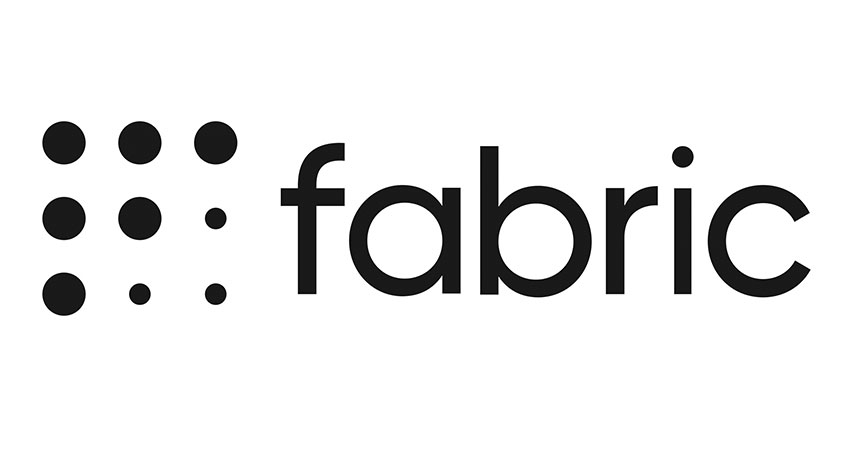Fabric, a provider of cloud-based headless commerce architecture, has raised $43 million in a Series A round led by Norwest Venture Partners, with additional participation from Redpoint Ventures and Sierra Ventures, coming months after its $9.5 million seed round.
The company plans to use the funding to expand its engineering, product and sales teams. Scott Beechuk, a partner at Norwest, will join Fabric’s board of directors. Some of the well-known names among Fabric’s client base are Juicy Couture and GNC.
Fabric CEO Faisal Masud, who joined in October after leaving Alphabet’s Wing drone project as its COO, is also a past board member of Finish Line and CTO of Staples. While at Staples, he oversaw the company’s transition from IBM Websphere to a headless microservices-based architecture using Netflix-OSS and Springboot.
During a seven-year stint at Amazon, Masud helped Amazon develop both AmazonBasics, which sells white-labeled discount household items, and AmazonWarehouse, selling used goods. Amazon has been accused of stealing successful product ideas from sellers and spinning them into cheaper items on Basics, which the company denies. Masud was also vice president of Groupon Goods and senior director of global shipping for eBay.
Today, he’s working to help growing brands avoid dependence on the Amazon marketplace, where they have less control over the customer data, and instead own the shopper experience directly.
Masud said the main idea behind headless commerce is a technology architecture where the front end, i.e., what appears online to shoppers on various devices, connects via API in the cloud to microservices on the back end, such as OMS, PIM and promotional tools. The front and back ends operate independently and don’t live off the same code base, as in IBM or Oracle, he detailed in a blog post shortly after joining Fabric.
“In a monolithic system it’s not feasible to push out massive changes in code to change the experience, a new build each month,” Masud said. “As cloud computing matured, you can separate the front end or head from all the ecommerce apps on the back end. You can run the experience side of the house a lot easier when you’re not worrying about back end processes, making it more flexible, scalable and user friendly.”
Down the road, Fabric is looking to build out its suite of microservice apps to include connections to services like logistics, fulfillment and delivery for ecommerce.
The addressable market for Fabric, Masud said, are retail or ecommerce companies that have grown too big for Shopify Plus but don’t want to invest in a major platform like Salesforce Commerce Cloud. He added the company wasn’t looking for another round of funding so soon but was getting lots of interest from the market.
“We’re highly selective, looking to companies with the pedigree of Redpoint and Sierra early on,” he said. “But when you see someone like Scott from Norwest wanting to partner, it’s hard to pass up the opportunity to work side by side. We’re extremely happy and excited about the path forward.”

